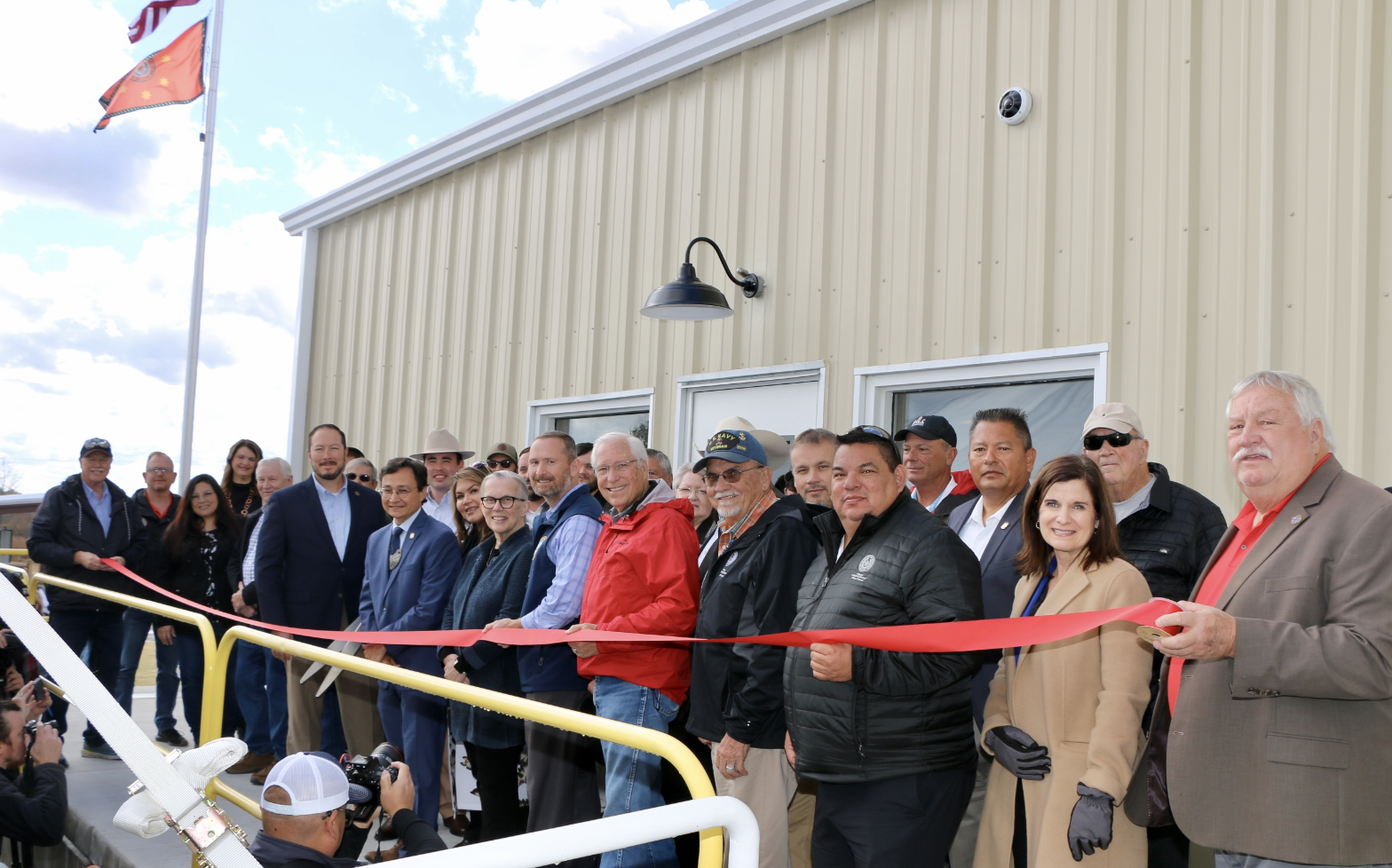
- Details
- By Native News Online Staff
This week in Tribal Business News, a new Indigenous small business incubator launches in Arizona; a tribal enterprise will bring connectivity to underserved regions of the Pacific Northwest; and Cherokee Nation opens a new meat process plant to bridge gaps in tribal food access.
Native FORGE kicks-off first entrepreneurial cohort in partnership with San Carlos Apache Tribe
Small business incubator Native FORGE has launched its first cohort in partnership with the San Carlos Apache Tribe of Arizona. The initiative of the University of Arizona will focus on serving the specific needs of Native entrepreneurs in the state. For each year-long cohort, the incubator will target its efforts to entrepreneurs from a single tribe.
Quinault Tribe launches technology enterprise, planned cable landing station on Washington coast
A new cable landing station established on the Quinault Indian Nation reservation will bring internet connectivity to underserved markets across Washington and Oregon. The station will be managed by a new tribal enterprise that will use tribal funding to establish new subsea fiber along the reservation’s 30 miles of Washington coastline — the first such new fiber in the area in 20 years.
Cherokee Nation opens meat processing plant in Eastern Oklahoma
Cherokee Nation leveraged $8.5M in American Rescue Plan Act funding to build the new 1839 Cherokee Meat Co. processing plant, where it aims to process excess bison from the tribe’s growing herd as well as create new revenue streams by serving ranchers in eastern Oklahoma. As well, the new meat processing plant will help improve tribal food access issues. “The pandemic showed us these gaps we had,” said Deputy Chief Bryan Warner.
Want to learn more about the Tribal economy? Get the free Tribal Business News weekly newsletter today.
Tribal Business News Briefs
Additionally, the U.S. Fish and Wildlife Service awards more than $5.9 million to support tribal conservation efforts; three Native CDFIs earned recognition for driving economic development in Indian Country; and Alaska tribes ask the state to halt a gold mine project that threatens the region's natural and cultural resources.
More Stories Like This
Native News Weekly (August 25, 2024): D.C. BriefsUS Presidents in Their Own Words Concerning American Indians
Native News Weekly (December 14, 2025): D.C. Briefs
Wounded Knee Massacre Site Protection Bill Passes Congress
Two Murdered on Colville Indian Reservation
Help us defend tribal sovereignty.
At Native News Online, our mission is rooted in telling the stories that strengthen sovereignty and uplift Indigenous voices — not just at year’s end, but every single day.
Because of your generosity last year, we were able to keep our reporters on the ground in tribal communities, at national gatherings and in the halls of Congress — covering the issues that matter most to Indian Country: sovereignty, culture, education, health and economic opportunity.
That support sustained us through a tough year in 2025. Now, as we look to the year ahead, we need your help right now to ensure warrior journalism remains strong — reporting that defends tribal sovereignty, amplifies Native truth, and holds power accountable.
 The stakes couldn't be higher. Your support keeps Native voices heard, Native stories told and Native sovereignty defended.
The stakes couldn't be higher. Your support keeps Native voices heard, Native stories told and Native sovereignty defended.
Stand with Warrior Journalism today.
Levi Rickert (Potawatomi), Editor & Publisher

